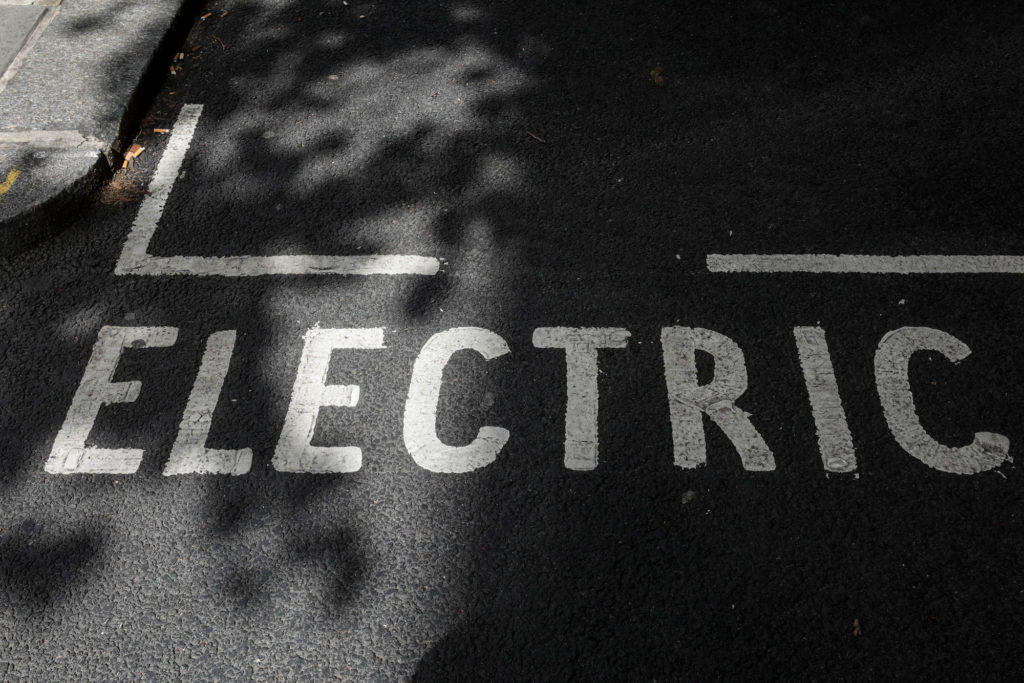
The BBC is testing electric news broadcast vans and has switched Strictly Come Dancing to 100% biodegradable liquid glitter as part of its sustainability efforts.
As well as making the change on glitter for theme weeks, Strictly is now 90% single-use plastic free, with only a small amount of bottled water for health and safety reasons, and is using biodegradable make-up wipes, the corporation said.
The BBC’s new sustainability strategy is focused on helping audiences understand the contribution they can make, and on sustainable broadcasting and operations, the organisation said.
A Plastics Watch initiative focusing on changes across the UK and the world in tackling plastics pollution is having an effect on audiences, with 11 million watching the launch video.
The initiative will broaden its scope next year to include other environmental issues.
BBC News is piloting one of the world’s first electric broadcast vehicles, with the news gathering operations team using the van for simple live outside broadcasts in London, such as from outside court cases.
The BBC is purchasing renewable energy for all its major sites, which it says is substantially cutting its carbon emissions.
The corporation’s catering contractor has replaced all single-use plastic cutlery and food takeaway containers in BBC restaurants as part of a pledge to remove single-use plastic from operations by the end of 2020.
Targets have been set for 2022 including reducing carbon emissions by 24%, energy by 10% and waste by 10%, and recycling 75% and committing to buy 100% renewable electricity for all major sites.
Tony Hall, the BBC’s director general, said: “Blue Planet II and our new Plastics Watch initiative shows that, through our programmes and content, the BBC can be a force for social good.
“In time, we want our environmental impact to be positive too. We want, above all, to be a model for sustainable broadcasting.”
He said the measures would bring about a wide-ranging and coherent approach to environmental sustainability at the BBC.
He added: “And, from this, additional benefits will follow: reducing energy consumption saves money which will enable us to spend more money on programmes and content.”
Recommended for you
